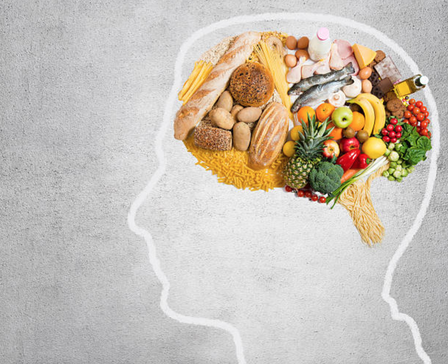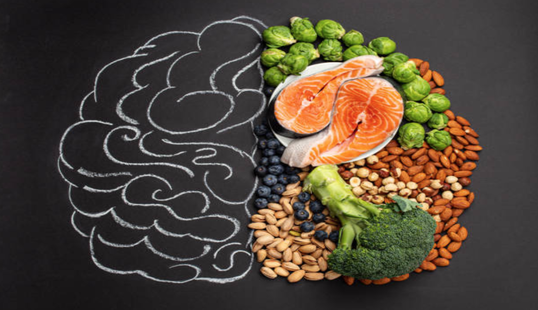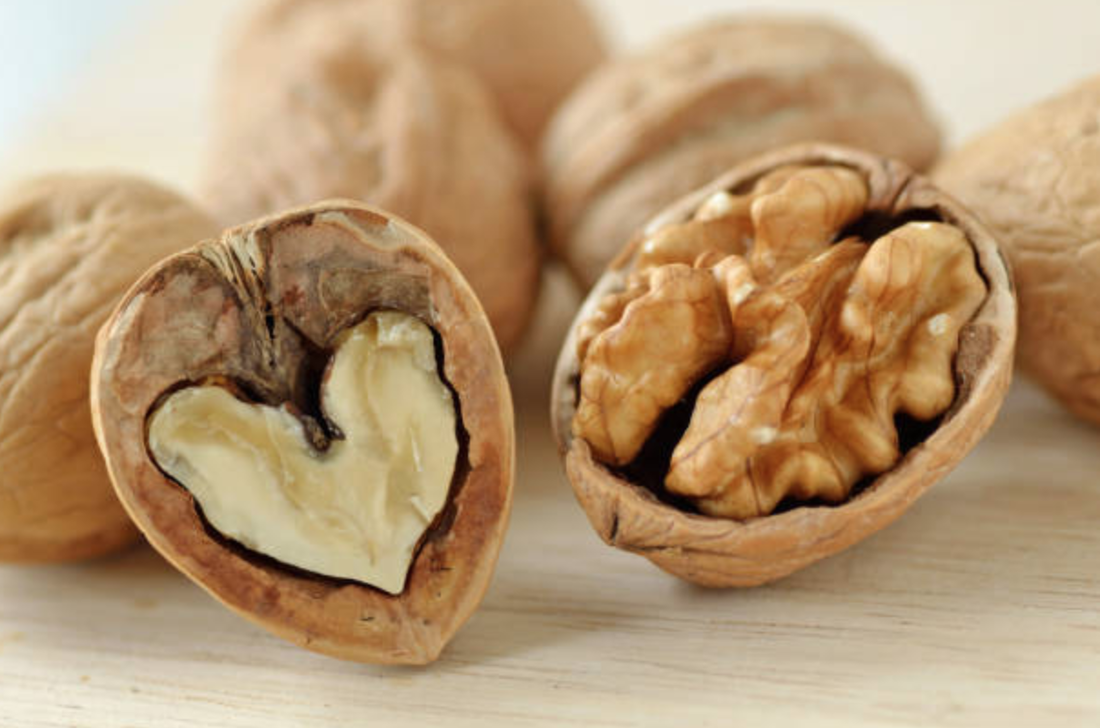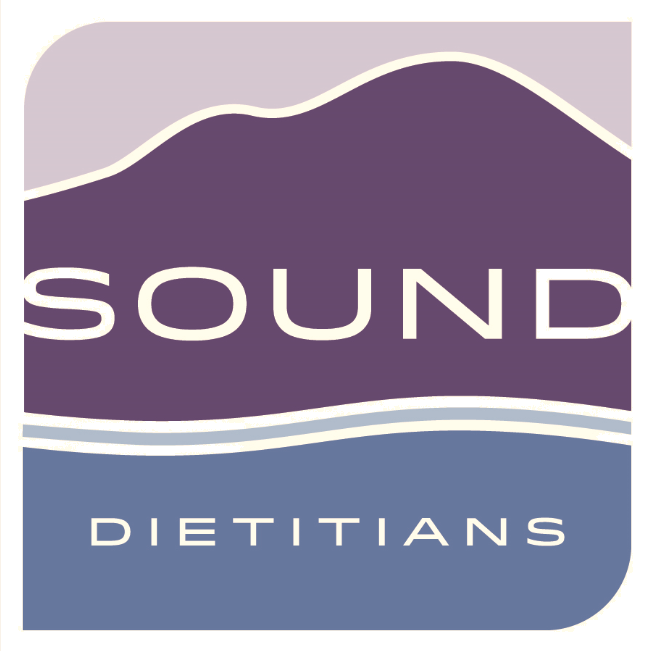|
We have all heard the phrase, "You are what you eat." It's true that foods not only affect how we feel physically, but they can also affect our mood. The food we consume and how frequently we eat these foods can significantly impact our emotional and physical well-being. This post will explore ways to support brain health and a healthy gut, starting with some basics on neurotransmitters and why they are important. What Are Neurotransmitters?Neurotransmitters are primarily located in the brain and serve many functions, including regulation of mood and behavior. Neurotransmitters act as messengers communicating between nerve cells in your brain and the rest of your body. They are produced in the body from amino acids, the same building blocks of protein. Maintaining healthy levels of neurotransmitters can improve and stabilize our mood. The following are a few different neurotransmitters and their impact on mood. Dopamine: The Reward Center
Nutrients To Support Brain Health and MoodProtecting your brain health is not a one-nutrient job; here are some known nutrients that are vital for brain function. Omega-3 Fatty Acids Omega-3 fatty acids (Omega-3s) are essential nutrients your body does not produce. It is a polyunsaturated fat that we consume from both plants and animals. They help the cells in your body function properly by providing structure to cell membranes and supporting interactions between cells. Omega-3s are important for all your cells, especially those in the brain. There are three main types of omega-3s:
Tryptophan Tryptophan is the building block for serotonin, the feel-good chemical produced in the body after eating foods containing tryptophan. Magnesium Magnesium is an essential mineral involved in more than 300 metabolic reactions, including cell communication, the production of DNA, and cell structure. Vitamin B-6 (Pyridoxine) Vitamin B-6 is essential for breaking down proteins and tryptophan, thus aiding in the production of neurotransmitters serotonin and dopamine. Vitamin B-12 (Cobalamin) Vitamin B-12 is vital for maintaining the myelin sheath, the protective layer surrounding nerves, including those in the brain and spinal cord. The myelin sheath also affects how fast signals travel through your nerve cells. Vitamin B-12 is also essential for the production of neurotransmitters. 5 Foods to Boost Brain HealthBelow is a short list of food sources that can help support brain health and ways to incorporate them into your daily meals.
Walnuts They even look like little brains! Walnuts and walnut oil are one of the richest plant sources of Omega-3s. They are also a good source of tryptophan; one serving (about a handful) contains 318 mg of tryptophan, and the recommended daily allowance is between 250-425 mg per day. Try adding walnuts to salads, oatmeal, or a trail mix. Salmon Salmon and other fatty fish like mackerel are excellent sources of dietary Omega-3s. Fatty fish are also an excellent source of vitamin B-6. Sources of salmon include fresh, frozen, and canned. Try making salmon burgers out of canned salmon for a more budget-friendly option. Nutritional Yeast Nutritional yeast can be found in the seasoning aisle and provides a cheese-like flavor to foods. It is a great source of plant-based B vitamins, particularly vitamin B-12, a nutrient found primarily in animal products. This makes nutritional yeast a good source of B-12 for plant-based eaters. Try sprinkling it on popcorn or adding it to pasta or mashed potatoes to add the cheesy flavor. Oats Oats are a good source of tryptophan and magnesium, making them excellent for serotonin and dopamine boosting. Tryptophan is more readily absorbed by the body when consumed with a whole grain, like oats. Oatmeal is what most people think of when they hear oats but can be part of other delicious creations as well. Try adding oats to a smoothie to make it a little thicker. Cacao Cacao is the fruit or seed that cocoa and chocolate are made from. Cacao is full of antioxidants and can boost endorphins in the body. To get the benefits of cacao, try sprinkling raw cacao nibs or cocoa powder on yogurt or oatmeal. Nutrition is just one piece that can help support mental health. It’s important to remember that everyone has different nutrition needs and lifestyle routines; this is why nutrition should be personalized. Knowing how to navigate your nutrition goals can be tough, so let the nutrition experts at Sound Dietitians help. Set up an appointment today with one of our dedicated dietitians for individualized nutrition therapy. We look forward to meeting you. Tamsyn Steel, Dietetic Intern Resources 1.Best Foods for Brain Health and Mood. wisemindnutrition.com. Accessed May 10, 2023. https://wisemindnutrition.com/blog/best-foods-brain-health-mood 2.Depression, Serotonin, and the Gut | Psychology Today. www.psychologytoday.com. Accessed May 10, 2023. https://www.psychologytoday.com/us/blog/mood-mind-and-microbes/202304/depression-serotonin-and-the-gut 3.Oregon State University . Essential Fatty Acids. Linus Pauling Institute. Published September 6, 2019. https://lpi.oregonstate.edu/mic/other-nutrients/essential-fatty-acids 4.Cleveland Clinic. Dopamine: What It Is, Function & Symptoms. Cleveland Clinic. Published March 23, 2022. https://my.clevelandclinic.org/health/articles/22581-dopamine 5.Raymond JL, Morrow K. Krause and Mahan’s Food & the Nutrition Care Process. Saunders; 2020.
0 Comments
Leave a Reply. |
SD BlogA place for our consultant Registered Dietitian Nutritionists (RDNs) to share nutrition science, yummy and healthy recipes, tips on seasonal ingredients, and other nutritional musings. Enjoy! Categories
All
Archives
May 2024
|





 RSS Feed
RSS Feed